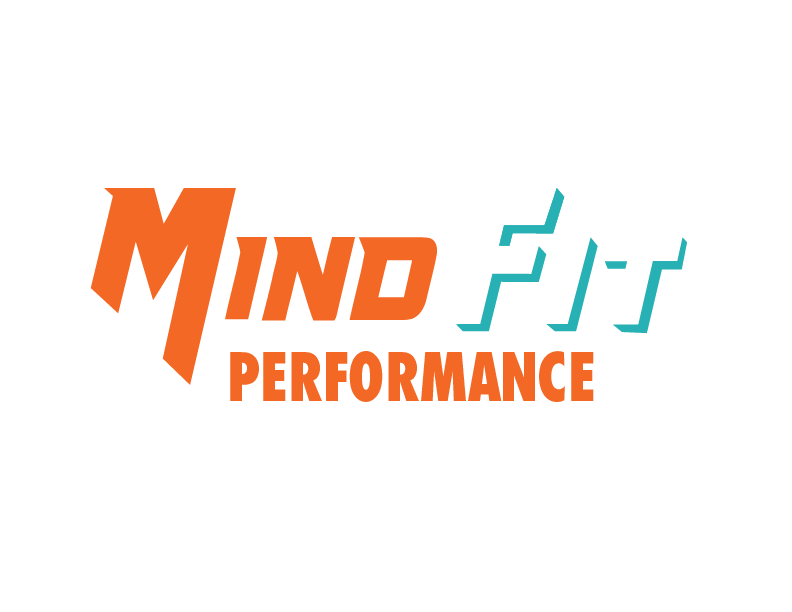Emotional Management
There are so many great reasons to prioritize self-care. A few months ago, I wrote an article sharing a few steps about how to start building your self-care routine (if you didn’t get a chance to read it, you can check it out here). In this piece, I’d like to focus on one of those self-care building blocks - emotional management. Emotional management is a set of skills that allows us to understand, accept, cope with, express, and regulate our emotions, and react constructively to them. This is an important skill no matter what our endeavor or situation is.
You might be wondering why emotional management should be a part of a self-care routine. If you don’t allow yourself the space to learn your tendencies and understand them, you might find yourself struggling to regulate your emotions. Regulating your emotions can help you handle all kinds of situations. For example:
Making mistakes
Handling calls you disagree with in sports
Talking to parents/siblings
Talking to your kids
Talking to coaches or teammates
Talking to teachers
Talking to a boss or colleague at work
Feeling stressed
During training challenges
Adapting to changes (in plans, performance, etc.)
Have you ever watched sports on TV and seen a player have an emotional outburst (Draymond Green comes to mind)? Or watched your child participate in their sport and see them have an emotional outburst (yelling at refs or teammates)? Maybe you can think of a time when you yourself had an emotional outburst while participating in sport. The thing is, emotions are an essential part of life. We are intended to feel things; love, passion, anger, embarrassment, fear, anxiety, joy, to name a few. As humans, we need to feel the feels. But if we haven’t taken the time to practice emotional management, we likely aren’t sure how to manage our emotions.
So how do you build your emotional management skills?
Self-Awareness: Take the time to learn your emotional triggers and tendencies. If we’re unsure of what our emotions are, when they might show up, and why we have them, it can make it harder to regulate them.
Self-Reflection: As you build your self-awareness, reflect on situations where your emotions shone - and why you think you felt one way or another.
Perspective: Perspective allows you to take a big picture view and can help you understand what you’re feeling, and the situation when you feel those things, so you can make sense of your emotions. For example, feeling nervous before a test, a presentation, or a game is normal!
Curiosity: View your emotions from a place of curiosity rather than a place of judgment. Ask yourself why you might be feeling one way or another instead of judging yourself for your feelings. Remember, emotions are a normal, natural, and important part of the human experience!
Acceptance: The art of understanding is acceptance, so no matter what you feel, accepting your emotions is an important part of this journey. The only way out of the emotion is through it. So feeling, and embracing, the feels is a crucial step.
Grace: Embrace the journey of getting to know yourself better, and give yourself grace as you work to understand your emotions. There will come a time when you are able to better regulate your emotions, so trust the process!
Now that we’ve talked about how to build your emotional management skills, we can start to imagine how having improved emotional management can help you in your sport and life. I’ll share an example of my own process.
Stress used to affect me bigtime. Homework stress, workload stress, the stress that came from the pressure felt in sports - all of it. It would impact my ability to be rational, think clearly, and honestly, would make me want to curl up in my bed and avoid everything that I had to do. It took a very conscious effort on my part to learn about myself on a deeper level; to identify and understand my emotions, be curious about why I was feeling certain ways, and work to embrace them as part of my process instead of criticizing myself for them.
As a result of putting in the time and effort to be curious about my emotions, I learned that feeling overwhelmed is an important part of my process. I need to sit in that space for a day or two before I can move on to a rational, productive place. Because of this, I can operate - whether in school, sport, or work - from a better headspace.
I know this can seem challenging, and you may even want to avoid it because it can be uncomfortable. Trust me, I get it! I’ve been in your shoes. But I’m here to help, and I can tell you that with purposeful effort, you too can improve your emotional management and see the impacts of that improvement in your everyday life. If you’re ready to accept the challenge, I’m here. Get in touch and let’s get started.
